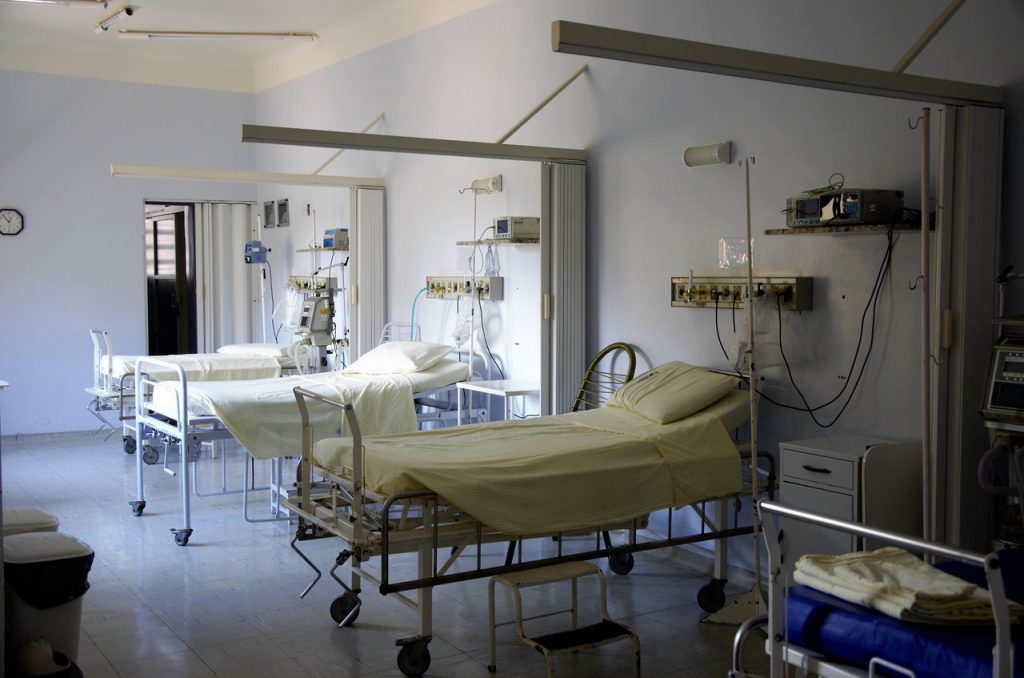Founded in 2008, National HealthCare Decisions Day (NHDD) is the day set aside to inspire, educate and empower the public and providers about the importance of advance healthcare decision-making.
Did you know that tomorrow is April 16th — National Healthcare Decisions Day? Those of us who offer legal counsel, advisory services, or healthcare related services are particularly mindful of the day’s significance. Founded in 2008, National HealthCare Decisions Day (NHDD) is the day set aside to inspire, educate and empower the public and providers about the importance of advance healthcare decision-making.
The topic of advance directives is often a very difficult one for families and caregivers. April 16th was set aside as a catalyst to facilitate action and as a tool to begin “the conversation.” Think of it as an excuse to confront the elephant in the room, and then blame it on the fact that it’s April 16th!
It may be coincidental but certainly fortuitous that NHDD falls within National Financial Literacy Month – a time when many professional advisors have their radar up as they engage in outreach to promote the importance of financial literacy and estate planning. With advance directives (living will, healthcare surrogate, preneed guardianship, etc.) being components of a comprehensive estate plan, our firm has chosen to undertake an outreach campaign during the month of April that takes a broad approach to the importance of financial literacy and advance care planning.
Why the need for a national awareness day?
It’s all about strength in numbers and eliminating geographic borders. NHDD is a nationwide collaborative effort involving healthcare facilities, libraries, drug stores, churches, synagogues, and many other non-healthcare venues. Every year on April 16th, these organizations unite with a single message to ensure that all adults with decision-making capacity have the information and opportunity to communicate and document their decisions. They simply need to begin by having “the conversation.”
NHDD will help Americans understand that making future healthcare decisions includes much more than deciding what care they would or would not want; it starts with expressing preferences, clarifying values, identifying care preferences and selecting an agent to express healthcare decisions if patients are unable to speak for themselves.
Statistics show the need for awareness among a rapidly aging population
Our elderly population – especially in the state of Florida — is increasing at staggering rates. By 2030, an estimated 8.5 million Americans will be over the age of 85, and roughly half will suffer from Alzheimer’s disease or some other form of dementia.
However, a 2006 poll by the Pew Research Center found that only one-third of Americans had a living will and even fewer had appointed a health care proxy to act on their behalf if they cannot act for themselves.
Taking control of the future, and sparing your loved ones the guilt
As noted in a New York Times article several years ago, a third of the Medicare budget is spent in the last year of life, and a third of that goes for care in the last month. The author noted that “those figures would surely be lower if more Americans, while they were still healthy, took the initiative to spell out what treatments they do — and do not — want by writing living wills and appointing health care proxies.”
Absent the proper documents, healthcare providers will rely on family members to make end-of-life decisions for their loved ones. Families are often haunted by having made medical decisions without knowing their loved one’s wishes. And, they often carry guilt and anxiety for years beyond as to whether or not they did the right thing.
One of the most responsible and loving things we can do as adults, of any age, is to take control of the future and make these difficult decisions prior to becoming physically or mentally incapacitated.
It’s time to have “the conversation” and to take steps to document those wishes.

